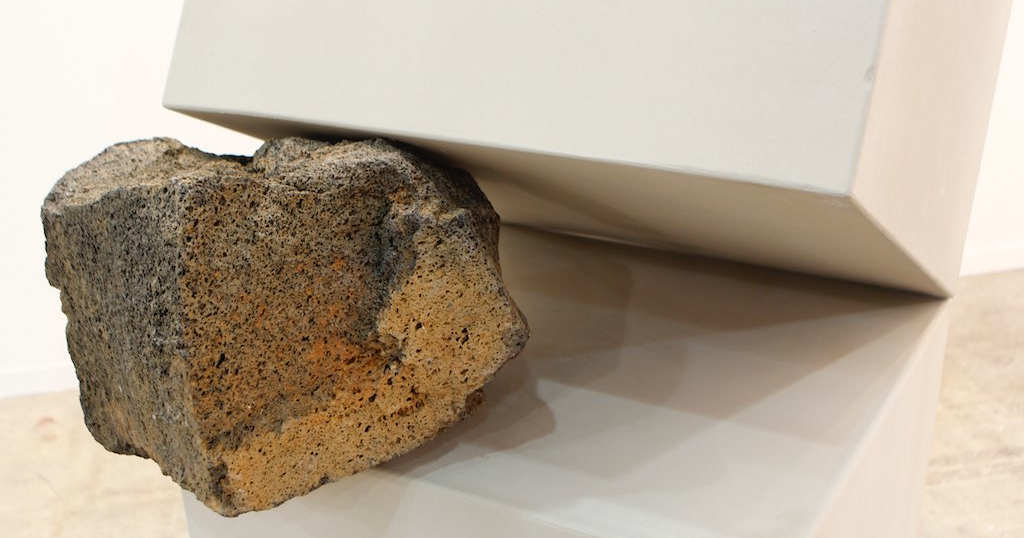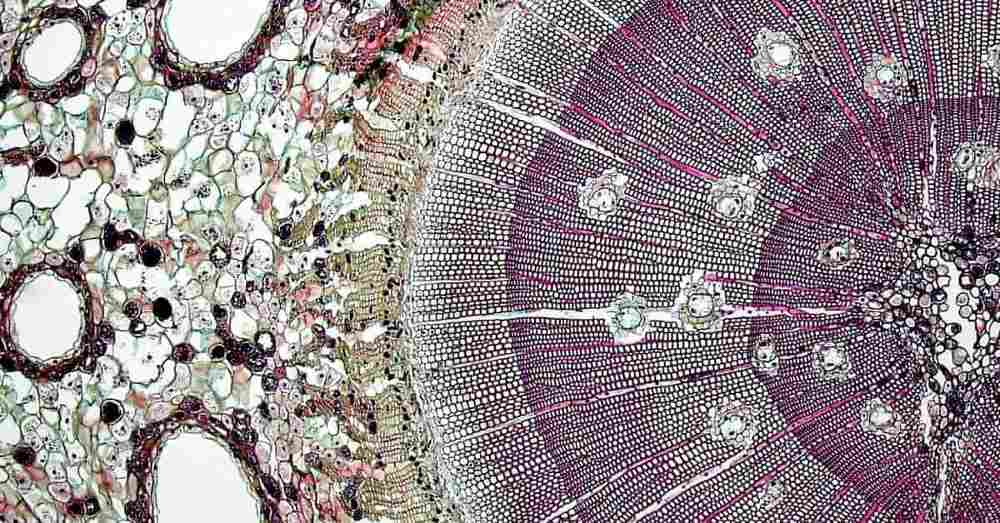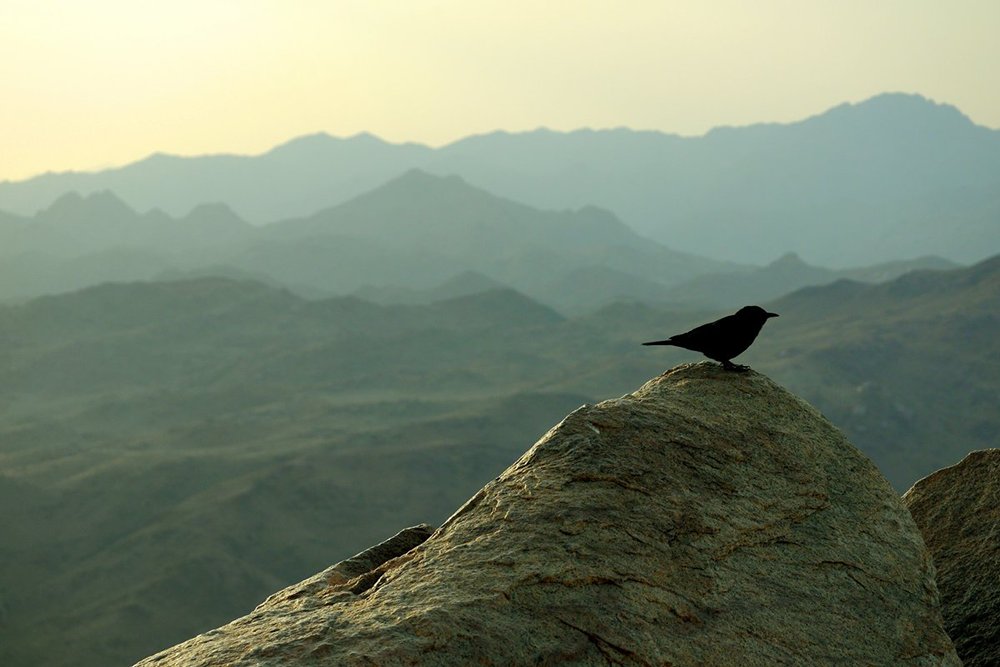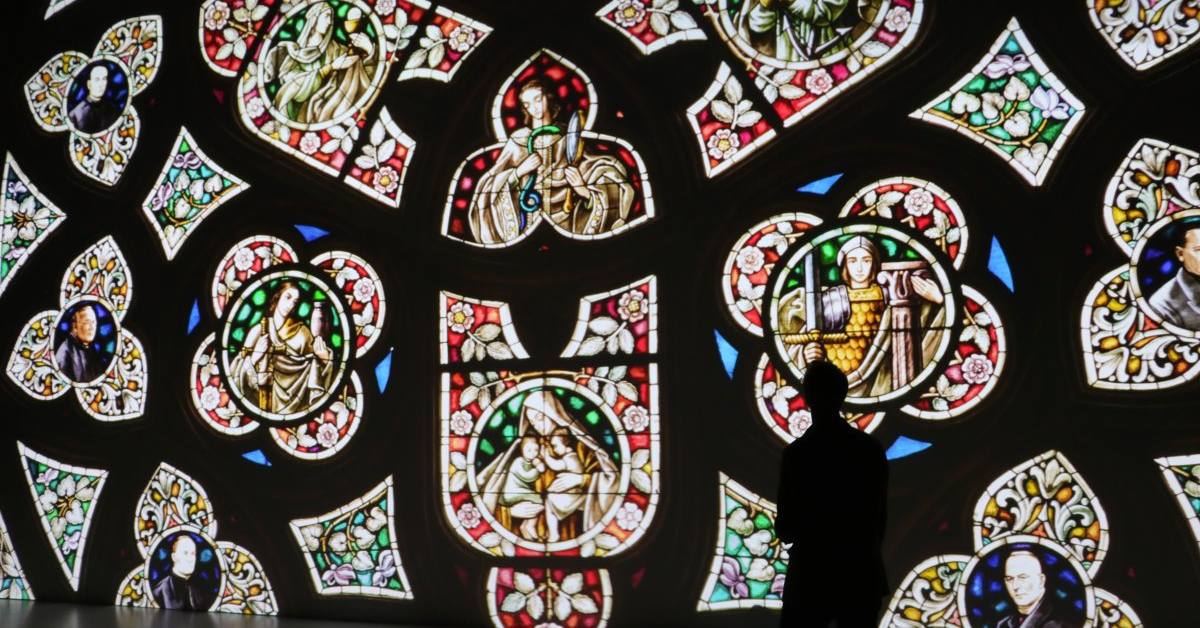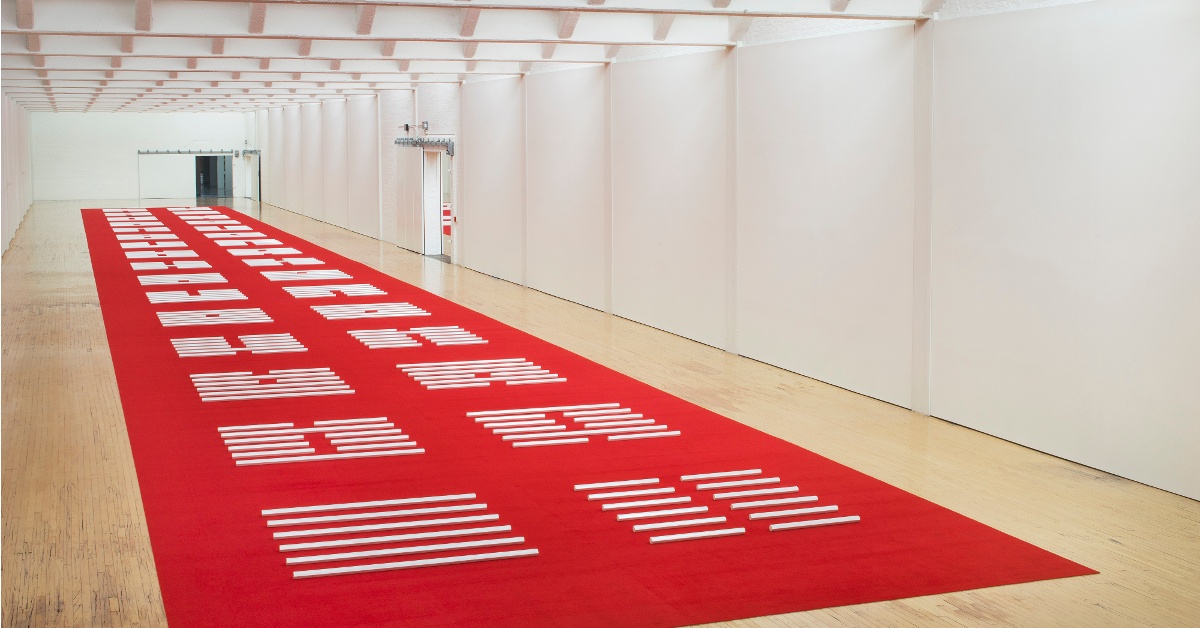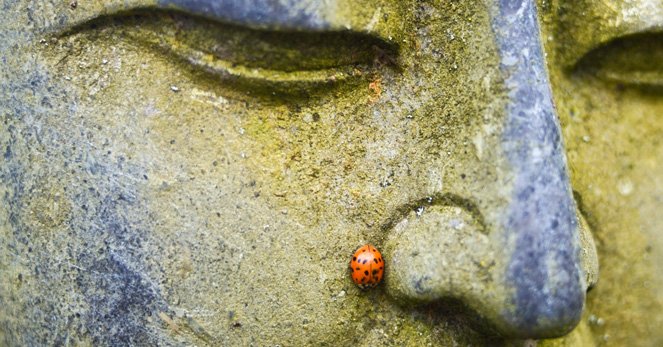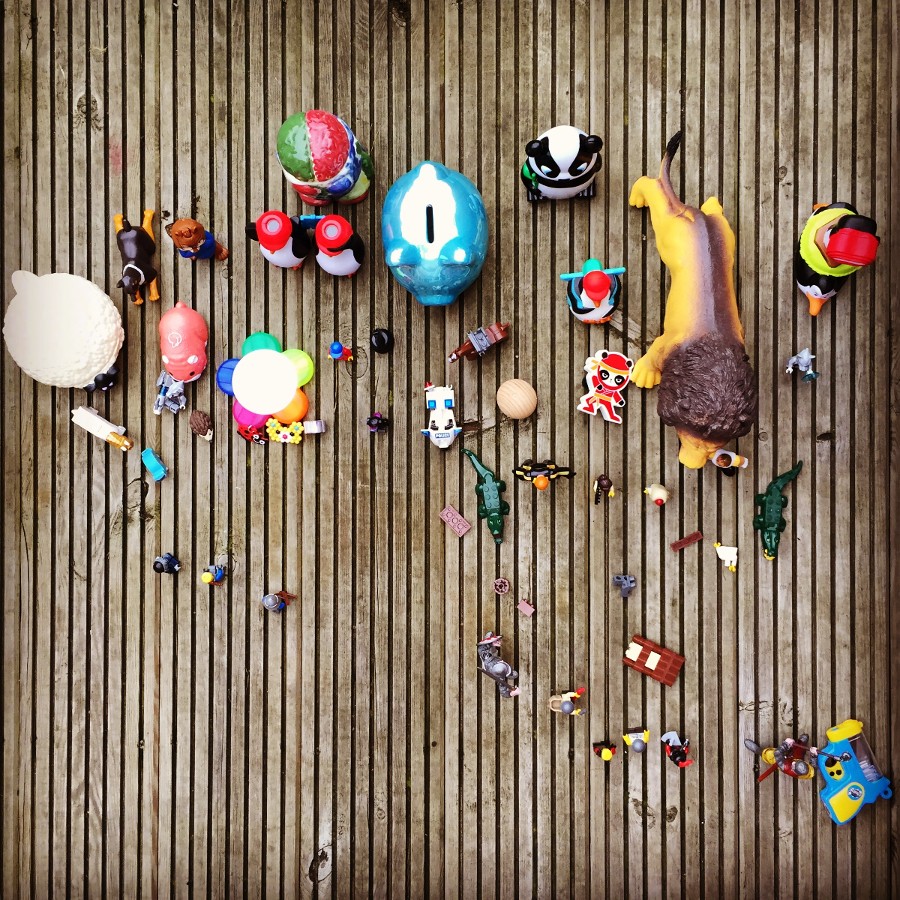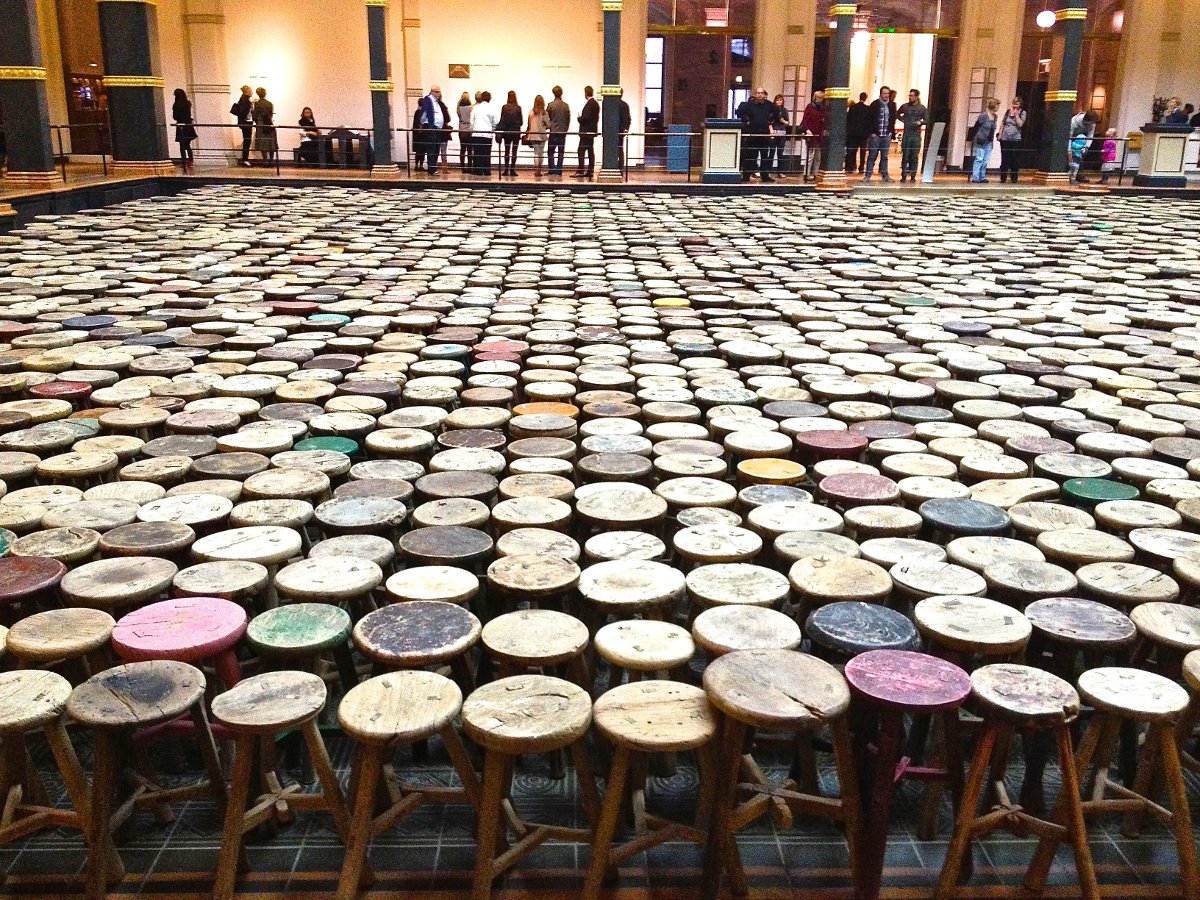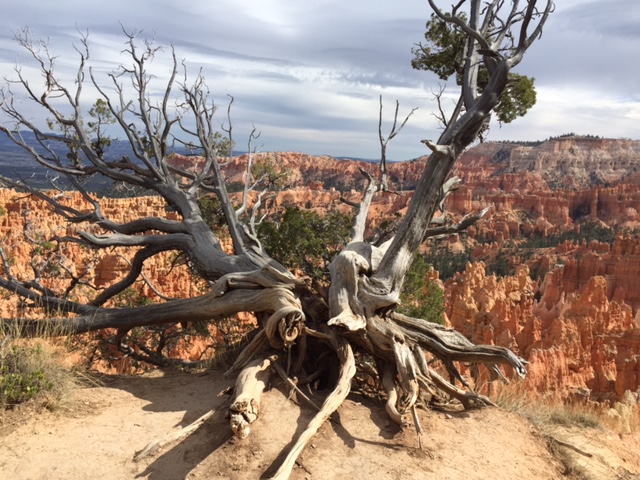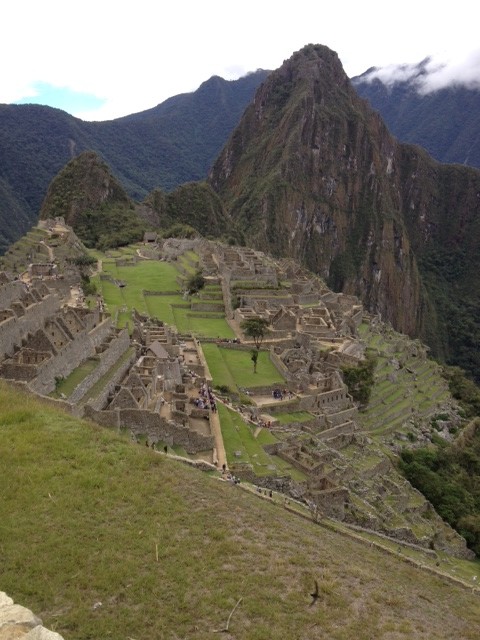Tag: Tao Te Ching
Who, Why, How
“Hmmm, what am I going to do today?” Isn’t that the question that pops into our head when we start each day—particularly after the first cup of coffee?
What if the first questions we asked were: Who am I? Why am I here? How do I want to relate to myself, my family, my friends and Nature today? If we were clear about our answers to those three questions, figuring out our action steps would not only be easier but we would also be more peaceful, productive and powerful.Read More
Powering and Empowering
In collaboration with Artie Vipperla, Founder, Energy’s Way Real leaders can step into big moments and make something big happen. They bring a personal power to critical moments that makes all the difference. The key is to recognize the key moments where extra power is needed and to bring total being into those moments before it is too late. Think Churchill. Think Martin Luther King. Where did they find the personal power to make such Read More
Recovering Our Innocence/Earning Wisdom
I am so grateful to have had the opportunity to be intimately involved with my twin grandchildren since they were born. I continually marvel at their innocence and joyfulness as they engage with the world and experience its wonders. As they are about to enter first grade, I wonder when and how they will start to lose their innocence. I wonder how long it will take before the rules, routines, and relentless pressures begin to strip away their sense of freedom and mystery.
I-It, I-Thou, I-THIS
“We cannot avoid using power, cannot escape the compulsion to afflict the world, so let us, cautious in diction and mighty in contradiction, love powerfully.” —Martin Buber I first came across Martin Buber when I was in college. I had had no exposure to spiritual thinkers at the time. Buber, a Jewish philosopher best known for his philosophy of dialogue, was nominated for the Nobel Prize in Literature ten times and the Nobel Peace Prize Read More
Prophets and Their Purposes
The world has been blessed with powerful messages from prophets of the past. Five of these prophets have a present-day influence on billions of people: Moses, Laozi, Buddha, Jesus, and Muhammad. These five men were the impetus for Judaism, Taoism, Confucianism, Buddhism, Christianity, and Islam. Those religions represent almost 6 billion of the 7.6 billion people on the planet. Given those numbers, it seems appropriate to discuss who they were and what they were about. Read More
Evolution of Consciousness
My wife sometimes accuses me of selective engagement. She says I am much more open to conversation with people whom I find physically attractive, intellectually stimulating, emotionally responsive, or spiritually evolved.
Guilty as charged. As it turns out, the idea of selective engagement goes back 500 million years.
The Timeless and the Timely
It’s hard to find elevated and elevating messages these days. It seems to me that we keep looking for quick and easy solutions to complex problems that require deep debate, creative thinking, and thoughtful analysis.
In this post, I revisit some sources of ancient wisdom, finding timeless principles that can help us deal with today’s challenges.
Ethereal Threads and Cosmic Fabric
“Creative interpretation of the world: Art. Personal beliefs trumping objective facts: Lunacy.” —Brian Greene. When you are swimming upstream in a powerful current, it’s not only hard to think about anything other than surviving, it’s also difficult to raise your head up to look around. This river we are swimming in has a mighty flow, and we are hanging on by a thread—perhaps an ethereal thread or a vibrating string as you will see later. Read More
Wisdom and Wealth
All religions allude to the challenge of acquiring enough wisdom to deal with whatever wealth you may have.
These various points of view help us address the questions, “What is wisdom?” and “How do you measure wealth?”
The Sacred and the Significant
“Your sacred space is where you can find yourself again and again.” —Joseph Campbell
In her role as a Pretend Princess dressed in her frilly yellow gown complete with a crown on her head, my 5 year old granddaughter imperiously issued a solemn proclamation to her constituency: “Be kind, be truthful, and stay alive.”
Stages and States
I just completed an on-line course through MindValley Institute entitled “Beyond Seeking” taught by Ken Wilber, whom I mentioned in my last post. The course triggered so many ideas that I wanted to filter them through my lens and write a post. So here it is. As the title of this post indicates, throughout our lives, we can experience many stages and many states. In my last post, Spiritual Awakening, I constructed scales for Wilber’s Read More
The History of Great Ideas
Great ideas have been piling up in history’s graveyard for 3,000 years. They are left unattended and largely forgotten. When these ideas are first introduced, they are usually met with laudatory excitement and abundant enthusiasm. Then, the ideas are gradually diminished and distorted through this four step process: Trivialization, Bastardization, Privatization, Commercialization

